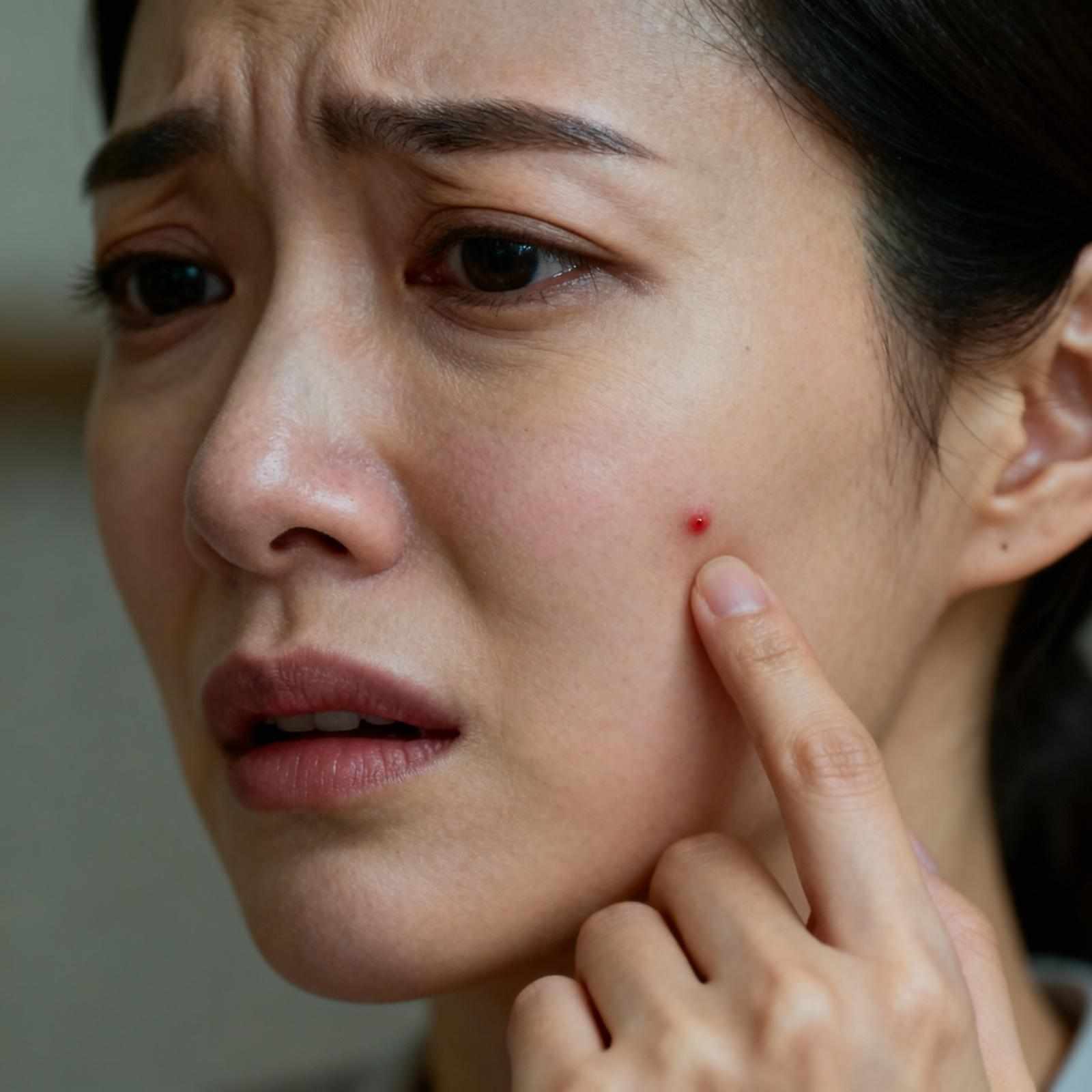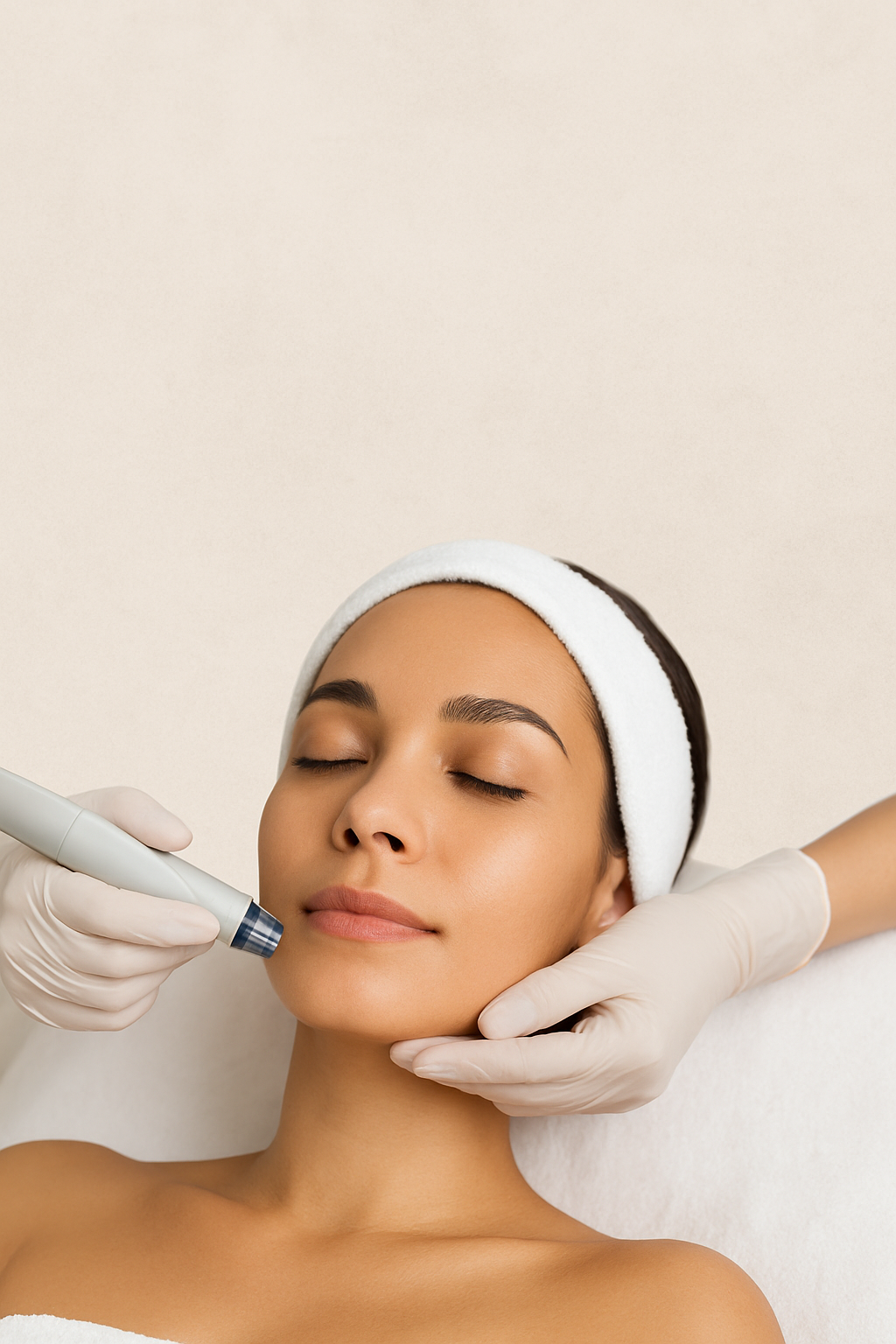
Pimples are a common skin concern impacting people of all ages, especially teens and young adults. While occasional breakouts are normal, persistent or severe pimples often require proper pimple treatments to avoid emotional distress and prevent potential scarring if not managed effectively. This guide presents expert-backed tips and scientifically proven pimple treatments for clear, healthy skin without resorting to myths or untested remedies.
Understanding Pimples: Causes & Types
Pimples, medically termed acne, develop when hair follicles get clogged by oil (sebum), dead skin cells, and bacteria. Key factors include:
Hormonal shifts (puberty, menstrual cycles, pregnancy)
Excess oil production
Poor skincare habits
Certain medications or diet
Pimples manifest as whiteheads, blackheads, papules, pustules, nodules, and cysts. Nodular and cystic acne tend to be more severe, often requiring professional intervention.
Everyday Skincare for Preventing Pimples
Proper daily skincare is the foundation of pimple prevention and treatment. Dermatologist tips include:
Gently wash your face twice daily with a mild, non-comedogenic cleanser.
Avoid harsh scrubs or vigorous rubbing.
Shampoo hair regularly, especially if oil migrates onto the face.
Stick to fragrance-free, non-oily, water-based moisturizers.
For acne-prone skin, "non-comedogenic" products are a must; they won't clog pores or worsen breakouts.
Lifestyle Modifications
Lifestyle influences the frequency and severity of breakouts:
Maintain a balanced diet high in fresh fruits, vegetables, and whole grains.
Limit intake of dairy and high-glycemic foods, as some studies link them to increased acne risk.
Manage stress through regular exercise, meditation, or hobbies—chronic stress can worsen acne.
Change pillowcases and towels frequently to reduce bacterial exposure.
Prescription Treatments for Persistent Acne
If OTC remedies or good skincare habits don't suffice, consult a dermatologist for prescription therapies:
Topical Retinoids (tretinoin, adapalene, tazarotene): Enhance cell turnover and prevent pore blockage.
Topical/Oral Antibiotics (clindamycin, doxycycline, minocycline): Target inflammation and bacterial growth. Short-term use is preferred to minimize antibiotic resistance.
Azelaic Acid: Both anti-inflammatory and antibacterial, suitable for sensitive skin.
Hormonal Therapy (combined oral contraceptives, spironolactone): For women with hormonal acne.
Oral Isotretinoin: Reserved for severe or resistant cases due to possible side effects.
Combining multiple modalities—like topical retinoids with oral antibiotics and benzoyl peroxide—often yields the best results.
Advanced Dermatological Procedures
For large, painful cysts or nodules that don't respond to basic care:
Cortisone Injections: A quick fix performed by dermatologists for rapid healing.
Chemical Peels: Can improve skin texture and reduce post-acne marks.
Laser & Light Therapies: Target deep bacteria and reduce oil production.
Microneedling: Stimulates skin regeneration and reduces scars.
Never attempt to pop or squeeze deep pimples, as doing so can cause infection, discoloration, or lasting scars.
Home Remedies: Placebo or Proven?
Some natural remedies like tea tree oil and aloe vera show mild effectiveness for certain individuals. However, not all home treatments are supported by scientific evidence. Avoid toothpaste, lemon juice, or harsh household products—these can irritate skin and worsen acne.
Sun Protection and Maintenance
Acne medication can make skin more sensitive to sunlight, raising the risk of burns and pigmentation. To keep skin healthy:
Use broad-spectrum, water-resistant sunscreen (SPF 30 or higher); pick non-comedogenic formulas.
Wear hats and UV-protective sunglasses outdoors.
Sun protection helps prevent dark spots from healing pimples and guards against skin cancer.
Tips for Adult and Special Populations
Adult acne often requires different strategies—hormonal treatments, less aggressive cleaning, and addressing underlying health concerns.
For sensitive or darker skin types, avoid aggressive exfoliants and choose gentle formulations to prevent pigmentation and irritation.
When to See a Dermatologist
Seek expert help if:
Pimples are painful, deep, or leaving scars.
OTC measures aren’t working after several weeks.
Acne causes emotional distress or impacts self-esteem.
Early intervention can prevent complications and improve long-term skin health.
Conclusion
Effective pimple treatment relies on understanding the root causes, implementing a gentle yet consistent skincare routine, and choosing proven remedies suitable for individual needs. From dermatologist-recommended topical and oral therapies to lifestyle adjustments and sun protection, clear and healthy skin is achievable with persistence and the right strategies. Avoid quick fixes or unproven fads—consult a skincare professional for a tailored plan if needed
For effective and personalized pimple treatments, trust Skinicity Bareilly, your go-to skin clinic for expert dermatological care. Our experienced dermatologist uses advanced, clinically proven methods tailored to your skin type and the severity of your acne.
Visit us: Pilibhit bypass Road, Bareilly, India, Uttar Pradesh, 243006
Contact us: +91-9105312488 , 8791779343
Website: https://skincitybareilly.com
Email: skincityit@gmail.com







Write a comment ...